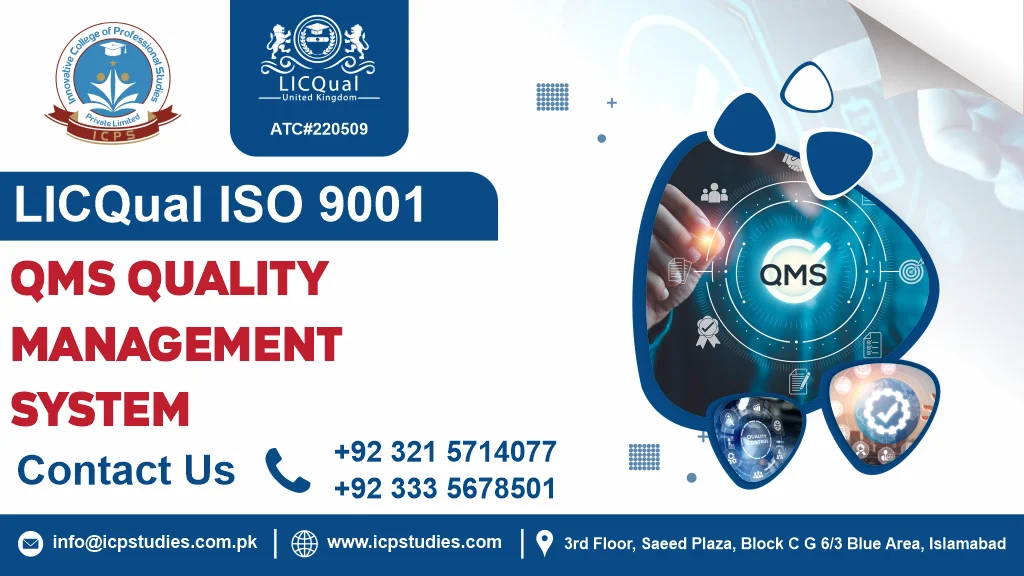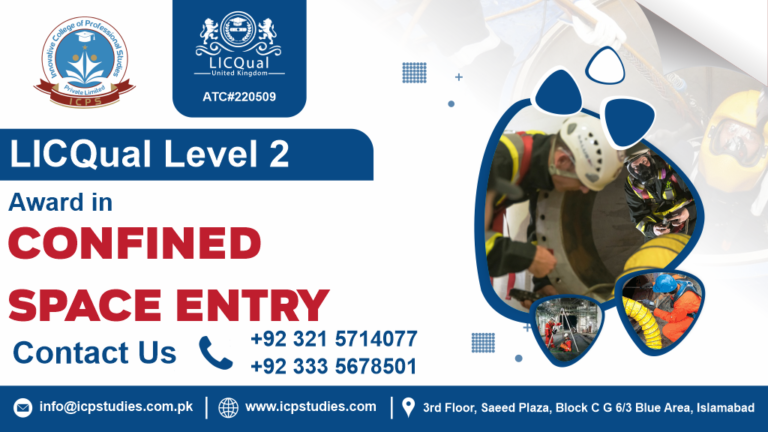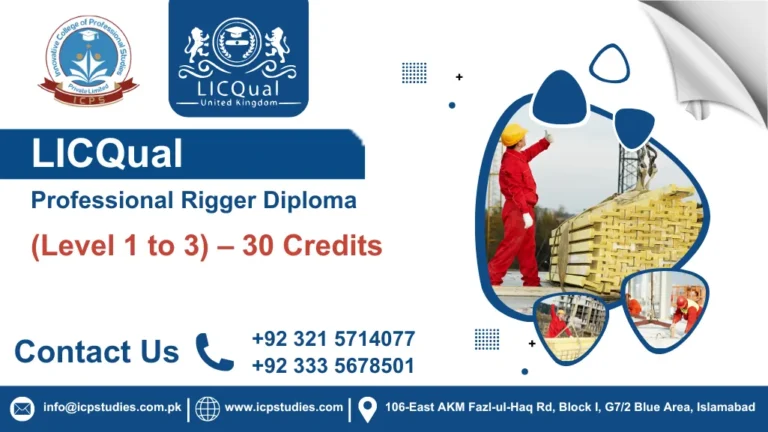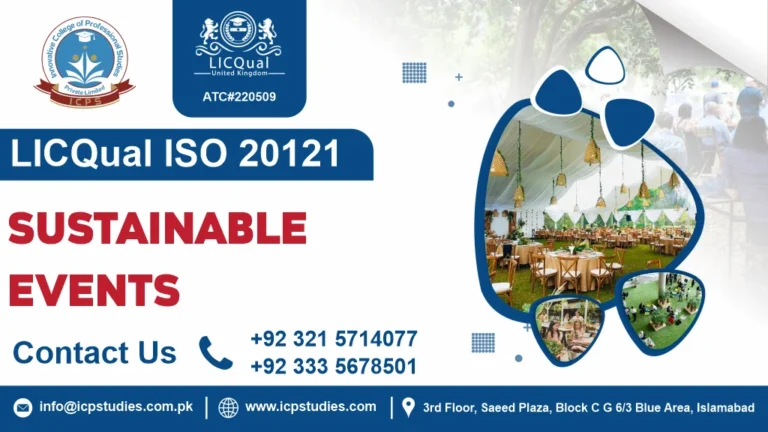In the pursuit of business excellence, one standard stands out as a universal benchmark for quality management: ISO 9001. Whether you’re a small startup or a large multinational corporation, ISO 9001 provides a structured framework to ensure consistent quality and customer satisfaction. But what exactly is ISO 9001, and how can it benefit your organization? Let’s dive into the essentials of this pivotal standard.
ISO 9001 is an international standard that specifies requirements for a Quality Management System (QMS). Established by the International Organization for Standardization (ISO), it provides guidelines and criteria for organizations to follow in order to enhance their operational efficiency, improve customer satisfaction, and ensure consistent quality in their products or services.
ISO 9001 is more than just a certification; it’s a comprehensive approach to achieving and maintaining excellence in quality management. By implementing ISO 9001, organizations can enhance customer satisfaction, improve operational efficiency, and foster a culture of continuous improvement. As businesses navigate the complexities of the modern market, ISO 9001 provides a valuable framework for driving success and ensuring that quality remains at the forefront of their operations.
All About ISO 9001 Quality Management System
Course Overview
ISO 9001 is an internationally recognized standard for Quality Management Systems (QMS). Developed by the International Organization for Standardization (ISO), ISO 9001 provides a framework for organizations to ensure they consistently meet customer expectations and regulatory requirements while aiming for continual improvement.
ISO 9001 is a powerful tool for organizations seeking to enhance their quality management practices and improve overall performance. By providing a structured approach to quality management, ISO 9001 helps organizations consistently meet customer expectations, drive continual improvement, and achieve long-term success. Embracing ISO 9001 not only fosters a culture of quality within your organization but also positions you for greater competitiveness and excellence in the marketplace.
Study Units
- Introduction to ISO 9001
- Quality Management Principles:
- QMS Planning
- Process Identification and Mapping
- Documentation and Record Keeping
- Internal Auditing
- Management Review
- Continual Improvement
The entry requirements for the ICQual ISO 9001 Quality Management System Lead Implementer course typically include:
- Educational Background: A degree in business, engineering, quality management, or a related field is preferred.
- Work Experience: Relevant experience in quality management, process improvement, or operational roles is usually required.
- Familiarity with ISO Standards: Basic knowledge of ISO 9001 and other quality management standards is beneficial.
- Understanding of Quality Management Principles: Awareness of quality management concepts, tools, and techniques.
- Project Management Skills: Experience in managing projects or teams, particularly in quality improvement initiatives.
- Analytical Skills: Ability to analyze processes and data to drive quality improvements.
- Communication Skills: Strong verbal and written communication abilities to effectively engage with stakeholders and implement quality systems.
These requirements ensure that participants are equipped to lead the implementation of a quality management system based on ISO 9001 effectively.
The ICQual ISO 9001 Quality Management System Lead Implementer course is designed for:
- Quality Managers: Professionals responsible for overseeing and improving quality management systems within their organizations.
- Quality Assurance Specialists: Individuals focused on ensuring compliance with quality standards and processes.
- Process Improvement Managers: Those involved in initiatives aimed at enhancing operational efficiency and quality.
- Auditors: Professionals conducting internal or external audits of quality management systems.
- Team Leaders and Supervisors: Individuals managing teams that impact quality and customer satisfaction.
- Consultants: Experts advising organizations on the implementation and improvement of ISO 9001 systems.
- Operations Managers: Those responsible for day-to-day operations and ensuring alignment with quality management principles.
This course equips participants with the knowledge and skills necessary to implement and manage an effective quality management system based on ISO 9001 standards.
Learning Outcome
. Introduction to ISO 9001
Learning Outcomes:
- Understand ISO 9001 Background: Gain a comprehensive understanding of the history, evolution, and significance of the ISO 9001 standard in the context of quality management.
- Identify Key Components: Recognize the key components and structure of ISO 9001:2015, including its high-level structure (HLS) and the core clauses.
- Explain the Purpose and Scope: Articulate the purpose of ISO 9001 and its relevance to different types of organizations, emphasizing the benefits of compliance and certification.
2. Quality Management Principles
Learning Outcomes:
- Define the Seven Principles: Identify and explain the seven quality management principles outlined in ISO 9001, including customer focus, leadership, engagement of people, process approach, improvement, evidence-based decision making, and relationship management.
- Apply Principles to Practice: Demonstrate how these principles can be applied to real-world scenarios to improve organizational quality management practices.
- Evaluate Principle Impact: Assess the impact of each principle on achieving effective quality management and organizational success.
3. QMS Planning
Learning Outcomes:
- Develop a QMS Plan: Create a structured plan for establishing and implementing a Quality Management System, including defining objectives, scope, and resource requirements.
- Identify and Address Risks: Use risk management techniques to identify potential risks and opportunities in the QMS planning process and develop strategies to address them.
- Set Quality Objectives: Formulate and align quality objectives with organizational goals and ensure they are measurable and achievable.
4. Process Identification and Mapping
Learning Outcomes:
- Identify Key Processes: Recognize and define the core processes within an organization that are crucial to delivering products or services.
- Develop Process Maps: Create detailed process maps that visually represent the flow of activities and interactions between processes.
- Analyze Process Efficiency: Evaluate process performance and identify opportunities for improvement through process mapping and analysis.
5. Documentation and Record Keeping
Learning Outcomes:
- Understand Documentation Requirements: Identify the types of documentation required by ISO 9001, including policies, procedures, work instructions, and records.
- Develop and Manage Documentation: Create, manage, and control quality management documentation to ensure consistency, accuracy, and compliance with ISO 9001.
- Implement Effective Record Keeping: Establish and maintain a systematic approach to record keeping, ensuring that records are properly stored, protected, and accessible.
6. Internal Auditing
Learning Outcomes:
- Conduct Internal Audits: Learn how to plan, execute, and report on internal audits to assess the effectiveness of the QMS and ensure compliance with ISO 9001 standards.
- Evaluate Audit Findings: Analyze audit results to identify non-conformities and areas for improvement, and develop corrective action plans.
- Understand Audit Process: Gain insights into the audit process, including preparation, execution, reporting, and follow-up activities.
7. Management Review
Learning Outcomes:
- Facilitate Management Reviews: Understand how to conduct effective management review meetings to evaluate the performance of the QMS and make strategic decisions.
- Analyze Performance Metrics: Assess key performance metrics and data to determine the effectiveness of the QMS and identify areas for improvement.
- Develop Improvement Actions: Use insights from management reviews to develop and implement actions that drive continual improvement in quality management practices.
8. Continual Improvement
Learning Outcomes:
- Promote a Culture of Improvement: Foster a culture of continuous improvement within the organization by encouraging proactive problem-solving and innovation.
- Apply Improvement Tools and Techniques: Utilize various tools and techniques, such as root cause analysis and corrective action processes, to drive and manage continual improvement efforts.
- Measure Improvement Outcomes: Establish metrics and monitoring systems to evaluate the effectiveness of improvement initiatives and ensure sustained enhancements in quality management.
These learning outcomes ensure that participants gain a thorough understanding of ISO 9001 and develop the practical skills needed to implement, manage, and continually improve a Quality Management System effectively.
FAQs about ISO 9001 Quality Management System







